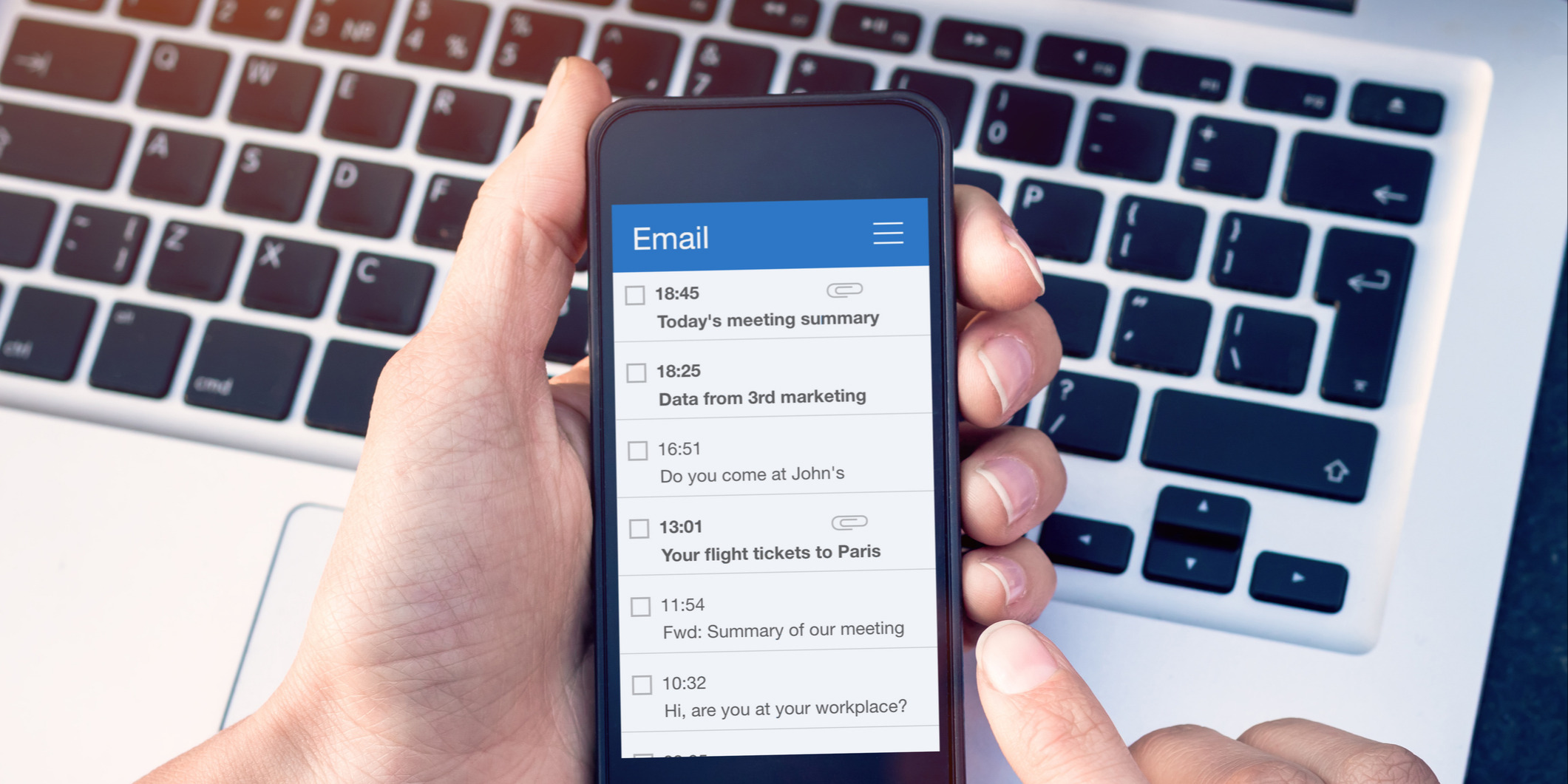
The remote and hybrid workforce offers opportunities and challenges that we may not have considered when working in a common location.
We take for granted the proximity to our coworkers and the ease with which we communicate and convey our emotions and intentions. Communication that we had in person tends to shift to digital and allows us to stay connected no matter where we are co-located.
However, we still need to be aware of the tone we are using, which in writing can be more complicated than spoken words (because our brain fills in the gaps when we lack information).
 Keys to Effective Communication
Keys to Effective Communication
To be an effective communicator, we must take into consideration five factors:
- Expression: Am I communicating effectively? Am I expressing the correct meaning?
- Empathy: Am I delivering this message with the recipient and their reaction in mind?
- Sensitivity: Am I delivering this particular message in a respectful way?
- Persuasion: Is my message presented in a way that people will buy in and be on board?
- Informative and Transparent: Is my message clear and honest? Or am I making people read between the lines?
As you consider each question, it becomes apparent that certain communication could be entirely lost in translation if delivered via email. It’s important to understand what happens to communication in a less rich, purely electronic channel.
Limitations of Email Communication
Ensure that email is the best tool for the message, we are not completely cut off from each other while working remotely, but we don’t have as many opportunities to use the richer communication channels. Consider the implications below before settling on email.
- Email is not as rich a channel as face-to-face. Channel richness is the amount of information that can be relayed from person to person. Non-verbal cues, feedback, and personal focus all play into richness.
- Elimination of non-verbal cues. The Wall Street Journal’s Career Journal suggests that during face-to-face communication, only 7% of meaning comes from verbal content, 38% comes from the tone of voice, and 55% comes from body language such as facial expressions, gestures, and posture.
- People tend to read emails while also attempting other tasks. This means they are not paying as much attention to the message.
- People receive too many emails. On average, people receive 121 emails per day!
- Social context changes. Does sending this email make it seem less important than a message conveyed by phone or video?
If the message can effectively be sent via email, there are still things to consider to ensure your message is heard and we keep the keys of communication intact.
Tips on Email Tone
We want to minimize the loss of important communication nuances in the electronic medium and suggest the following tips to write and convey the proper tone.
- Add your personality. When appropriate, use emojis to replace the physical emotion conveyed in person. But don’t use too many – one should do the trick!
- Pay extra attention to detail. Typos can send the wrong message and set a bad tone. The recipient could interpret it as rushed, angry, or not important (either the message or the receiver).
- Read the email out loud and ask yourself, “Could this be misconstrued with a negative emotion?” If you receive an email that causes you to feel intense emotion, it is best to wait and respond.
- Consider the message length. Shorter messages are in danger of being taken as passive-aggressive. Think of those times you opened a message that said “Fine” or “OK.” Remember, our brains will fill in the gap and, many times, will default to the negative. Don’t be overly flowery or wordy; make sure the email conveys details without obscuring the true message and intent.
- Don’t send non-urgent communication during off-hours. Co-workers may feel compelled to respond immediately, and it can set the wrong expectations for work/life balance, thereby casting a negative feel towards email in general.
Email communication can be an effective medium for communicating with remote co-workers, but taking the extra time to consider whether or not it is effectively delivering your message can prevent misunderstandings and conflict in the long run.

